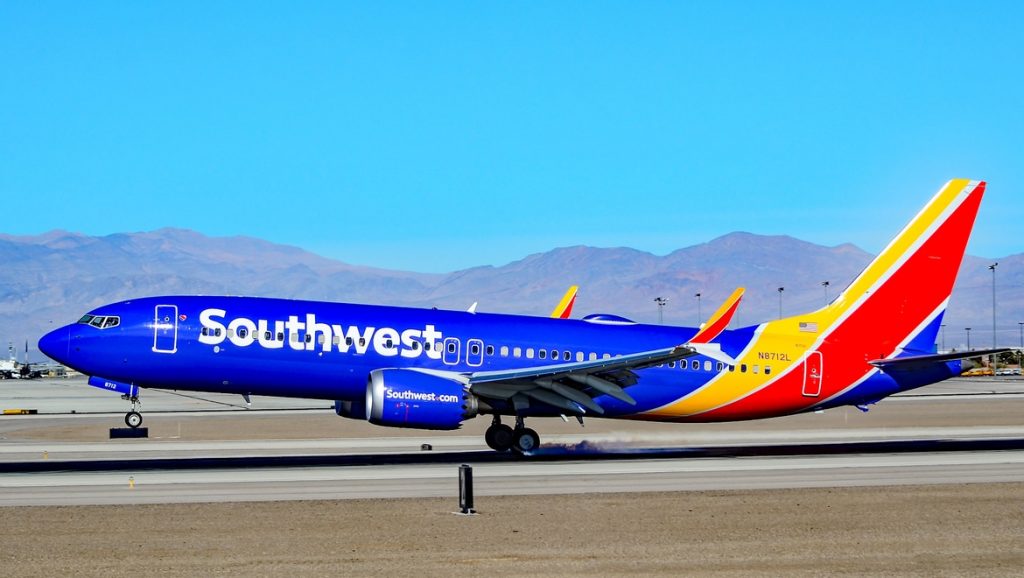
Airlines have been forced to ground dozens of Boeing 737 MAX jets due to newly located production problems resulting in possible electrical faults, according to Boeing and the US Federal Aviation Administration.
About 90 737 MAX jets across 16 airlines are reportedly affected by the grounding order, which pertains to certain aircraft that were built during the MAX’s near-two-year flight ban.
Boeing reportedly found the fault to be as a result of a “production issue” that could affect the operation of a backup control unit.
Boeing said in a statement that it wants the relevant MAX operators to check and verify that a “sufficient ground path” exists for a component of the electrical power system.
The planemaker stated that the required repairs for each aircraft could take merely a matter of hours, or up to a few days. Once completed, airlines can reinstate the aircraft for operation.
The three major airlines in the US – American Airlines, United Airlines and Southwest Airlines – together had to remove more than 60 jets from service.
Boeing’s largest global customer, Southwest Airlines, said that to date it has not experienced any “operational challenges” caused by the potential fault, however under the order it has removed 30 of its 58 737 MAX planes from operation.
A Southwest spokesperson said that passengers due to fly on the affected planes over the coming days will be accommodated onto other flights, or flights will instead be operated by the airline’s other Boeing 737 aircraft.
“Southwest anticipates minimal disruption to our operation,” the spokesperson said.
Meanwhile, American Airlines has said 17 of its recently delivered 737 MAX aircraft are affected under the order, while the remaining 24 jets were delivered prior to the timeframe of the production-line problem.
Similarly, United has said 16 of its 30 MAX aircraft are affected under the grounding and inspection order.
Another big MAX customer, Alaska Airlines, announced that four of its aircraft will be temporarily removed from service to conduct the necessary checks.
It is not yet clear whether future 737 MAX deliveries will be affected, or whether they too require checks for electrical faults.
However Cai von Rumohr, an analyst from investment banking firm Cowen, said that the “relatively straightforward” nature of the inspection and rectification effort for this problem means these additional inspections are “unlikely to be a show stopper”, if they are required.




